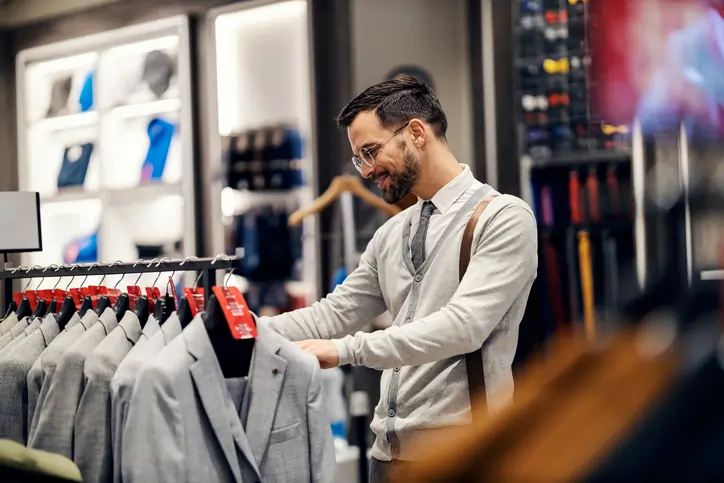
In the fast-paced world of corporate leadership, professional attire often speaks volumes about one’s approach to business. Two prominent figures, Sergio Ermotti, the Chief Executive of UBS Bank, and Elon Musk, the visionary behind Tesla and SpaceX, epitomise contrasting styles in the workplace. Ermotti, the top earner among European bank executives in 2023, opts for the classic suit and tie ensemble, symbolising professionalism and credibility.
On the other hand, Musk, known for his innovative spirit and casual demeanour, often prefers the relaxed look of smart casual attire. While Ermotti adheres to tradition, favouring the timeless appeal of a tailored suit, Musk challenges conventions by embracing a more laid-back aesthetic. The contrast between the two figures sparks a conversation about the role of attire in projecting leadership image and corporate culture.
Know the Dress Code: Research or inquire about the dress code for the meeting. Different industries and companies might have varying levels of formality. If unsure, it’s better to be slightly overdressed than underdressed. Jeans, sneakers, t-shirts, and overly casual attire should be avoided unless explicitly mentioned in the dress code.
Choose a Well-Fitting Outfit: Opt for a suit in a neutral colour like navy, grey, or black. Pair it with a dress shirt, a conservative tie, and polished black dress shoes. Ensure that the suit is tailored to fit you properly. Wearing an ill-fitting suit that is overly large or too skintight can have people second-guessing you. Your local department store will have a tailor that will assist you in shaping the suit correctly to your body shape and length.
Colours and Patterns: When it comes to colour, colour matters. Researchers from various universities in Ghana found that Thai Airways leverages the rich hue of purple as its brand colour, royalty and luxury. This choice is deliberate, aiming to create a perception of comfort and refined travel for their passengers. How can we apply this to business wear? Stick to classic and subdued colours such as navy, grey, black, and white. Black invoking prestige and power, blue eliciting notes of conservativism, and trustworthiness and grey conjuring the idea of security and balance. If you choose to wear patterns, keep them subtle. Avoid loud or flashy designs that might distract. If you want to add a splash of colour…why not wear a pair of coloured socks!
Grooming and Hygiene: Ensure your hair is neat and well-groomed. Maintain good personal hygiene, including clean nails and fresh breath. Good grooming displays attention to detail, health and respect for oneself. Avoid heavy perfumes or colognes. Strong scents could set off allergies and induce headaches.
Accessories: Keep accessories minimal and tasteful. A watch, simple jewellery, and a belt can add a touch of sophistication. Avoid excessive jewellery or large colourful accessories. Research completed by academics David A. Ellis and Rob Jenkins found that watch wears showed ‘higher levels of consciousness’ and did turn up to appointments on time. Although time is displayed on our mobiles, wearing watches still has advantages!
Footwear: Choose closed-toe dress shoes that are clean and polished. Never wear brown shoes unless you own your country farm and drive a tractor. Remember, when people glance at you, they look from top to bottom and behind! So be aware of your shoes, especially, the heel counter, making sure it is clean and free from splashes and dust.
Appropriate Bag or Briefcase: Carry a business bag or briefcase that is slim and dark in colour to hold your documents and any necessary materials. Please ensure your bag is in good condition and complements your overall look. Never overfill your bag or load yourself up like a camel. The more you carry with you, the less professional you look.
Confidence and Comfort: Choose an outfit that makes you feel confident and comfortable. Your comfort will contribute to your overall demeanour during the meeting. Remember, the goal is to present yourself as a professional who takes the meeting seriously.
While most of us are not CEOs, even chief executive officers adhere to these guidelines, either personally or through their stylists, which underscores the importance of tailoring your attire to fit the culture and expectations of your industry and company. Remember, when uncertain, it’s always wise to lean towards professionalism, ensuring you make a positive and respectful impression in any professional setting.


